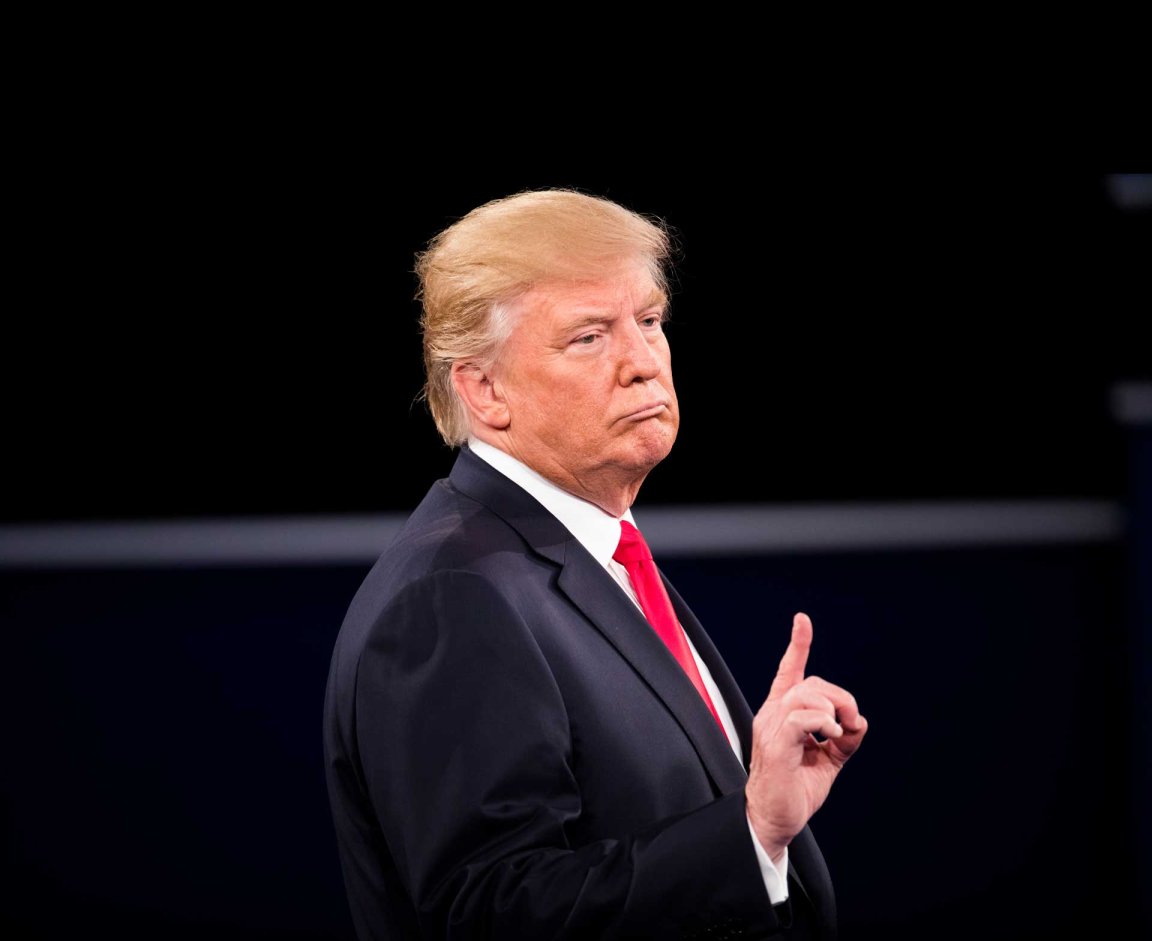
A Call for Restraint
Foreign relations experts Jeffrey Bader and Jonathan D. Pollack have jointly called for Congress to restrict the President’s power to launch a nuclear attack on his own authority. Bader served a senior adviser to President Barack Obama on Asia from 2009 to 2011. Pollack is a senior fellow at the Brookings Institution, who specializes in Korea and China. Pollack was also a professor at the United States Naval War College, one of the premiere centers of strategic and operational thought in the US.
Bader and Pollack are focusing on the particular situation presented by dynamics between President Trump and Kim Jong-un of North Korea: “Mr. Trump and Mr. Kim appear to believe that bombast serves their domestic needs. . . . However, words can easily have consequences that neither leader seems to grasp.” They point out that while the cooperation of international allies may be able to defuse the actions of the North Korean leader, it’s telling that even the Republican chairman of the Senate Foreign Relations Committee, Bob Corker of Tennessee, has publicly called President Trump‘s stability into question. He’s not the first senator to do so, suggesting that the time for a legislative remedy is here.

Article I of the Constitution provides that only Congress can declare war, but since World War II, American presidents have soberly possessed maximum flexibility to respond to possible nuclear strikes; the thinking has been that involving Congress would cause too much delays in times of crisis. For this reason, at this point in history the president has the unchecked power to launch a nuclear strike, without approval from Congress.
“Once he gives the command, he cannot be overruled,” Joe Cirincione, president of the anti-nuclear proliferation Ploughshares Fund, said to Vox. “The president can order a nuclear strike in about the time it takes to write a tweet.”
Collaborative Decision-Making
The proposed action would be an amendment of the War Powers Act by Congress to cover the possibility of either preventive or pre-emptive nuclear strikes — not responsive strikes. This change would ensure that the president could never simply use his codes to launch a nuclear attack on his own authority. Instead, the amendment would provide for a small group to unanimously consent to such a strike; the group Bader and Pollack suggest include the vice president, the secretary of defense, the chairman of the Joint Chiefs of Staff, and the Democratic and Republican leaders of the House and Senate.
“[This] would ensure that multiple sets of eyes, equipped with stable emotions and sound brains, would be able to prevent such a nuclear strike undertaken without appropriate deliberation,” Bader and Pollack wrote in The New York Times.
“The United States should in no way diminish its ability to respond to a nuclear or conventional attack by North Korea against United States territory or the territory of an ally,” they said. “However, we should put in place a system of constraints to ensure that a preventive or pre-emptive nuclear strike by the United States must be evaluated through a careful, deliberative process.”